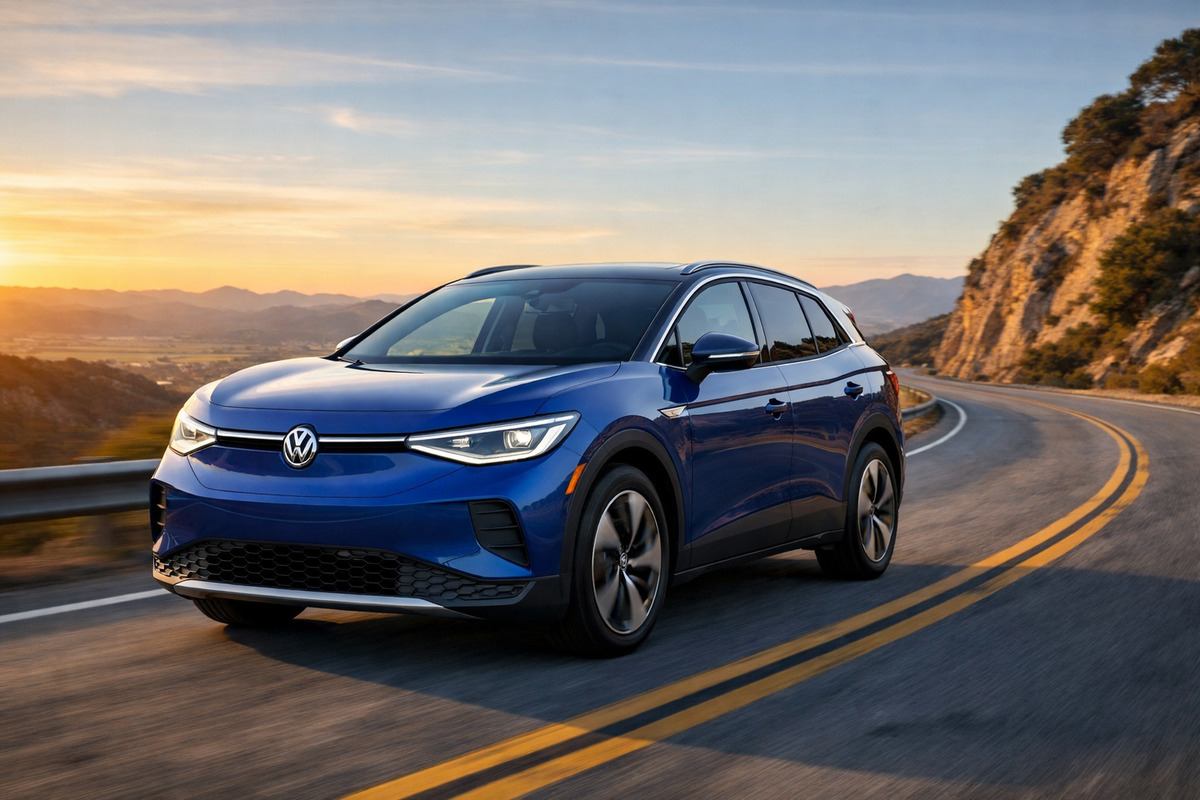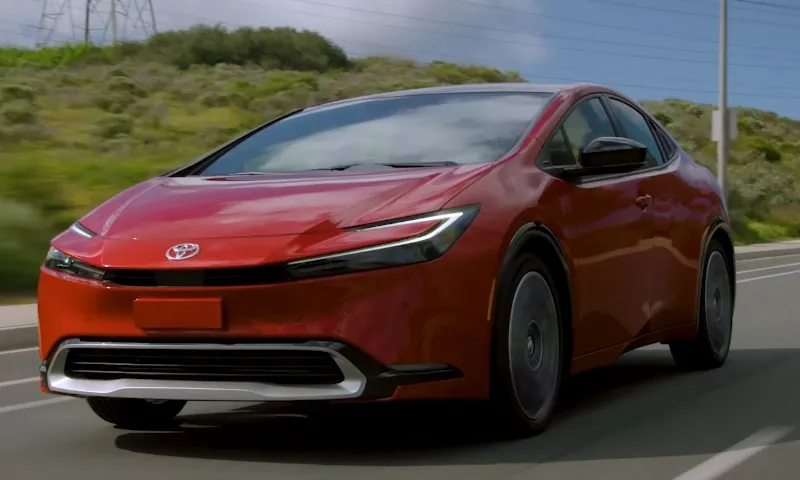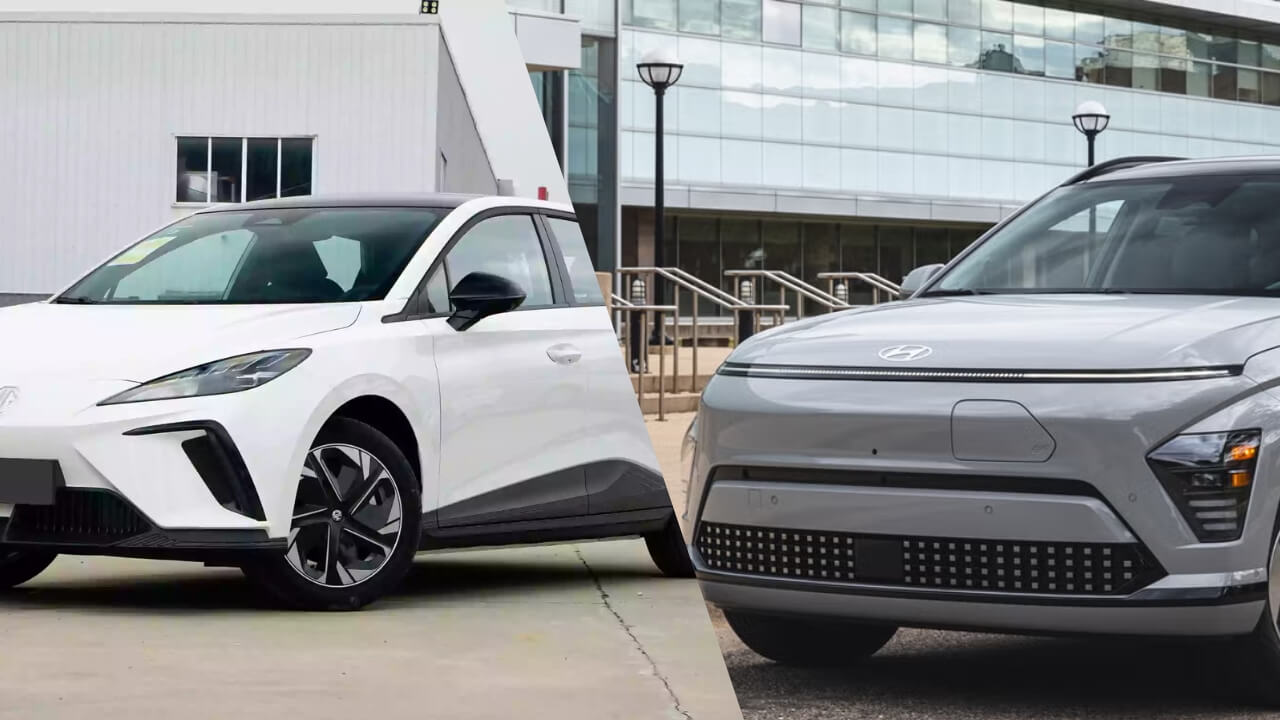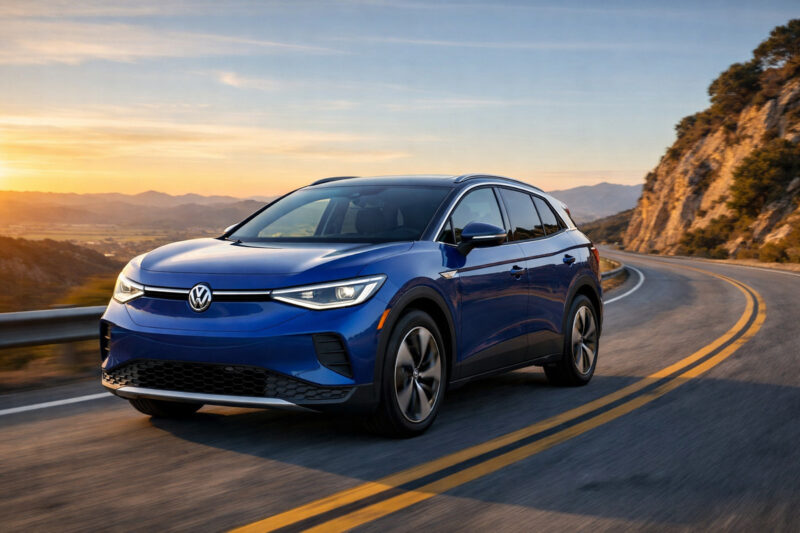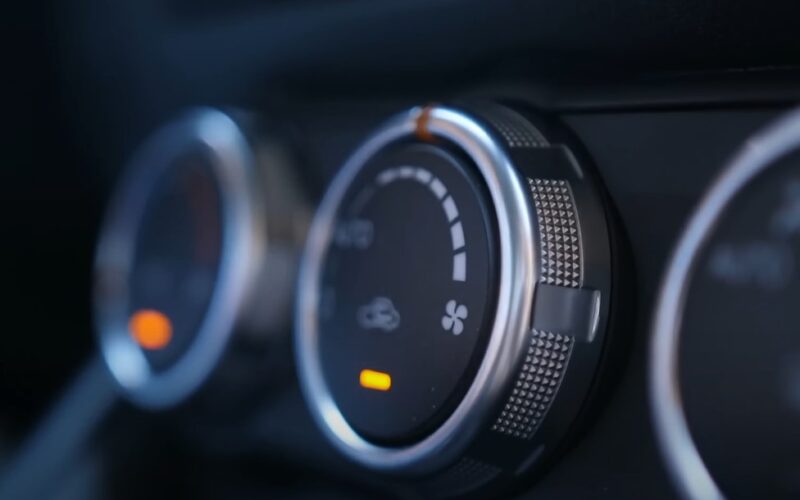
Share Post:
Ever been in a hurry and just shut off your car without turning off the AC first? I know I have, and I’m sure many of you have, too. It seems like such a small thing, right? But the question is: could this habit cause damage to your car?
Before we get into details – my advice is to always turn the AC off before you turn off your vehicle, just to be sure.
Some drivers swear that leaving the AC on when turning off the car is harmless, while others are convinced it spells trouble for your battery, compressor, and maybe even your car’s overall health.
So, let’s get into it. I want to clear up any confusion and give you the lowdown on how this little habit might affect your ride.
Table of Contents
ToggleKey Highlights
- Leaving the AC on when turning off your car is generally fine for modern vehicles but may cause strain in older ones.
- Turning off the AC a few minutes before parking can help prevent moisture buildup and potential mold.
- Modern cars have safety features to prevent battery drain or damage to the electrical system from leaving the AC on.
How Does Your Car’s AC System Actually Work?
When you turn on the AC, the engine powers a compressor that circulates refrigerant to cool the air inside your vehicle. Pretty straightforward, right? But there’s more going on than just cold air coming out of the vents.
- Powered by the engine: The AC system depends on the engine to run, specifically the alternator, which keeps the electrical systems alive.
- Dependent on multiple components: The AC needs your electrical system, but when you shut off the car, all of these components, including the compressor, stop working—although the AC control itself might still be “on” when you get back in the car.
So, when you leave your car and forget to turn the AC off, all that’s really happening is that you left the control in the “on” position. But does that actually harm anything?
The Impact on Your Car’s Battery
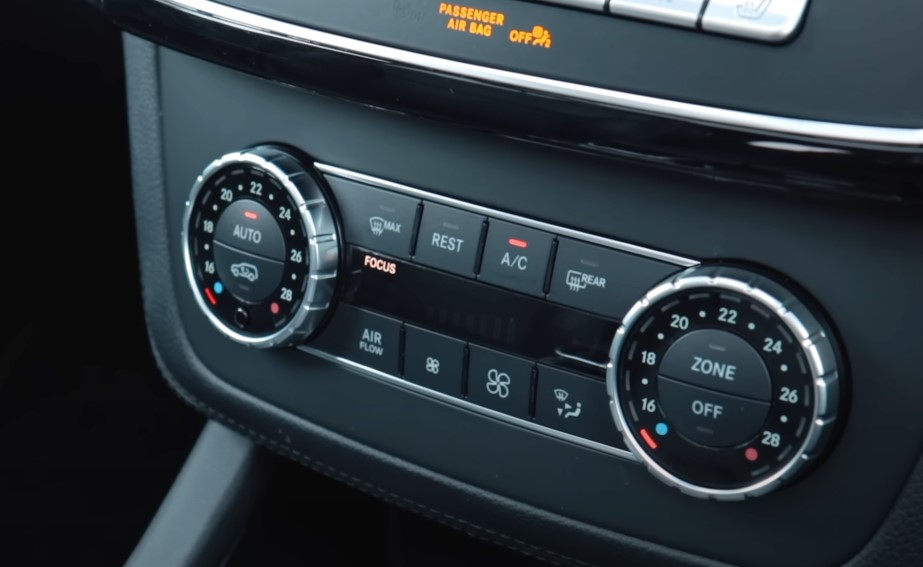
The battery is the part everyone seems to worry about most when it comes to leaving stuff on. Now, if you’re like me, you’ve probably heard that leaving the AC on could drain your battery, especially if you’re running multiple electrical systems at once. But does it really?
In modern cars, the alternator is the MVP. It keeps the electrical systems, like your AC, from relying solely on the battery while the engine is running.
So, if you leave your AC on when you turn off the car, it usually doesn’t have much impact on the battery at all—unless you leave the AC (or other electrical components) on while the car is parked for a long time.
Now, older cars might be a different story. Some older systems could drain the battery more easily if left on because they aren’t equipped with the same safety features modern cars have.
Best Practices for Battery Health
- Turn off the AC when parking for long periods: If you’re planning to leave your car for a while, it’s smart to manually turn off the AC. This way, you won’t accidentally drain your battery if something does go wrong.
- Keep an eye on battery life: If you notice your car struggling to start after leaving the AC on, it might be time to check the health of your battery.
What About Wear and Tear on the Compressor?
@theecardude Turn off your A/C before you shut your car off. When gou start your car the next time its much easier on the battery and overall vehicle system. #thecardude #fy #cars #automotive #auto #fyp #airconditioner #ac #engine #cartip #car #foryou ♬ original sound – theecardude
Now let’s talk about the compressor, that hardworking part of the AC system that circulates refrigerant and keeps your car cool.
Some people believe that leaving the AC on when turning off the car can lead to extra wear and tear, especially when you start the car again. For older vehicles, this might be true.
The compressor could engage at the same time as the engine, creating extra strain on it.
The Takeaway
- For older cars, it might make sense to turn off the AC before shutting off the engine, just to avoid putting unnecessary stress on the compressor.
- In modern vehicles, though, you’re pretty much in the clear. These cars are designed to handle it.
Mold, Moisture, and Air Quality Issues
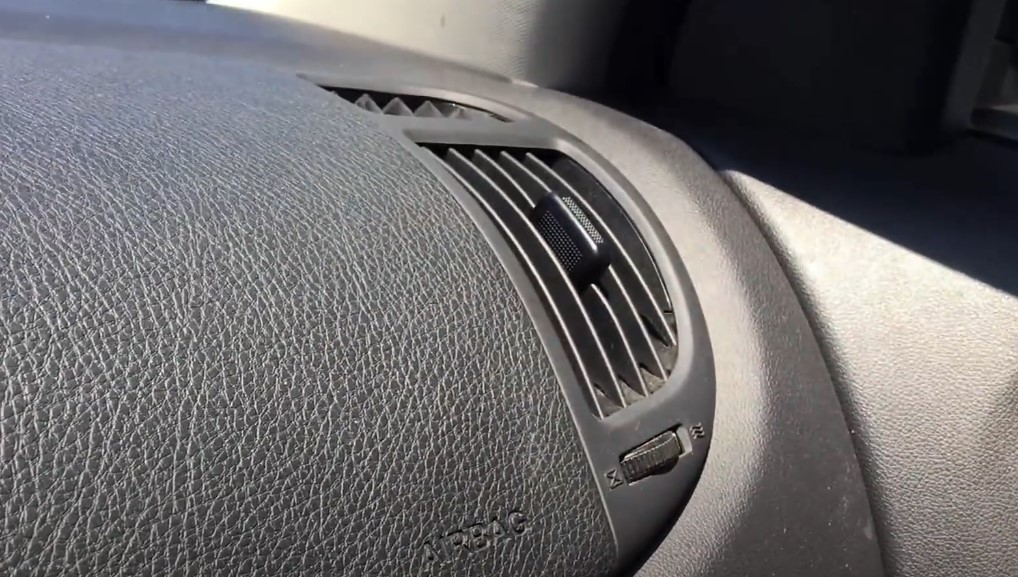
This next part is for anyone living in a super humid climate. You may have noticed that when you turn off your car with the AC still running, the cool air stops, and any moisture in the system gets left behind.
Over time, that moisture can build up and potentially lead to mold growing in your AC system. Gross, right? To avoid this, it’s recommended by some car experts that you turn off the AC a few minutes before you stop the engine.
Preventing Moisture Build-Up
- Turn off the AC a few minutes before shutting off the car: This can help avoid mold growth, especially in humid areas.
- Use the fan: Let the fan run without the AC for a few minutes to help dry out the system.
Do Modern Cars Have Built-In Protections?
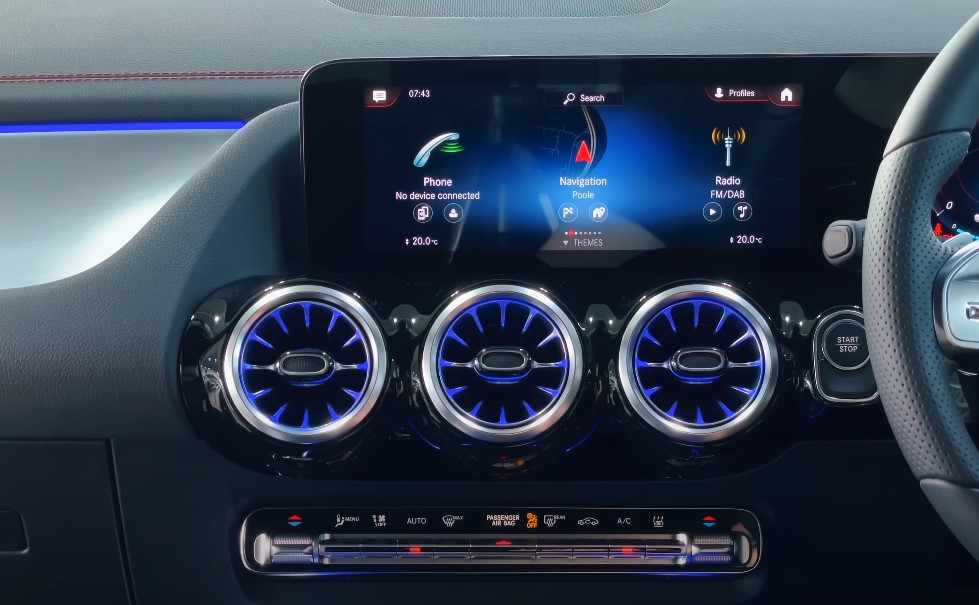
Modern vehicles have come a long way when it comes to managing electrical loads. If you have a newer car, it probably has a bunch of nifty features that protect both your battery and your AC system when you leave it on by accident. For instance:
- Start-stop technology: Many cars now have this feature, which automatically turns the engine off when you’re stopped at a light, for example. The AC will pause, but it won’t harm the system or drain the battery when the engine kicks back in.
- Electrical system protections: Modern cars have relays and other safety measures that keep systems from overloading when you start or turn off the car. So, if you leave the AC on when you park, the car simply resets the system when you start it up again.
What’s Myth vs. Reality?
There’s a persistent myth out there that starting your car with the AC left on can damage the starter motor. Thankfully, that’s mostly just an old wives’ tale.
While the starter might take on a tiny bit of extra load when the AC is engaged, it’s nothing that should cause any serious problems. The reality is your starter is designed to handle normal startup loads, AC included.
But if your starter is already on its last legs, any extra strain could reduce its lifespan.
Does Leaving the AC On Affect Fuel Economy?
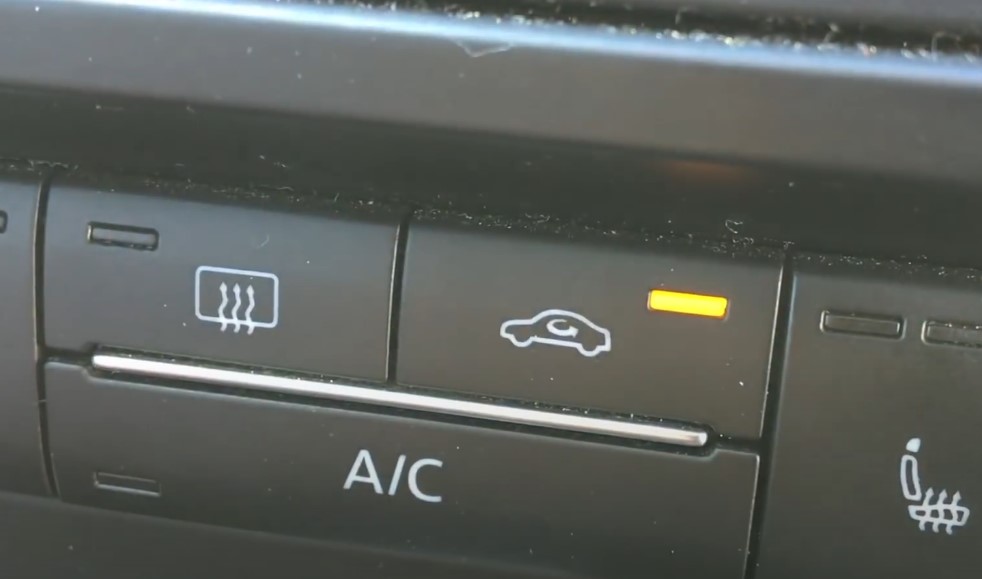
Another big question people have is whether leaving the AC on will waste fuel. When the AC is running, it does increase the load on the engine, which means you’re using a bit more gas.
But the key word here is running—when the engine is off, the AC isn’t drawing any power, so there’s no fuel being used. So, turning off your AC before you turn off the engine won’t save you gas, and you won’t notice any difference in fuel consumption if you forget.
Quick Tips for Managing AC and Fuel
- Turning off the AC before shutting off the engine doesn’t save gas: The AC only uses fuel when the engine is running.
- When the engine is off, the AC is not using any power or fuel: So you can rest easy if you forget to switch it off.
Final Thoughts
Is it a terrible idea to leave your car’s AC on when you shut off the engine? Not really, especially if you’re driving a newer car. Modern vehicles are designed to handle it, and the systems in place usually prevent any real harm to your car’s battery or AC components.
However, if you’re driving an older vehicle or one with a weak starter or battery, you might want to be a little more mindful.
Here’s what I’d recommend:
- Turn off the AC a few minutes before parking: This helps prevent moisture buildup and keeps your system dry.
- Check your car’s manual: Some vehicles might have specific recommendations for handling the AC system.
- Be cautious with older cars: They might benefit from turning the AC off before the engine. Also, avoid overcharging AC.
In the end, leaving your AC on when you turn off the car isn’t the automotive sin some folks make it out to be. Just keep an eye on your car’s condition, and everything should stay cool—literally.
Related Posts:
- How To Turn Off Maintenance Light On Toyota Tacoma –…
- Toyota Camry Key Won’t Turn - How to Resolve This Problem?
- How to Get Paint off Your Car - Tips and Tricks for…
- When to Use the VSC OFF Button in Your Toyota…
- How to Get Sticker off Car Window - Easy, No-Scratch Methods
- Clicking Noise In Dashboard When Car Is Off - Here’s…




